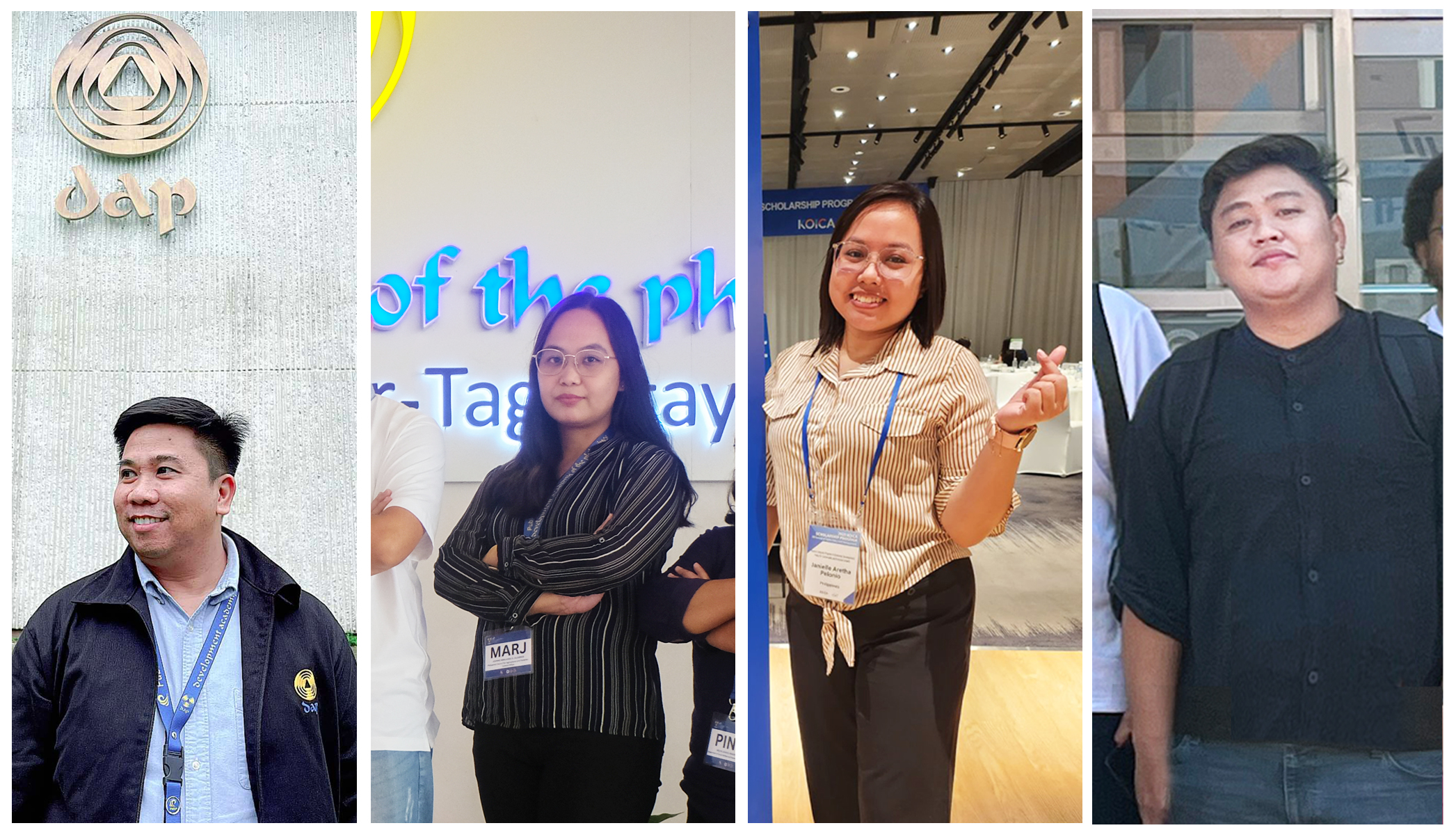
The Philippine Council for Agriculture and Fisheries (PCAF) sent four of its employees to various local and international scholarship programs starting early this year to provide them with opportunities to improve the delivery of services of the agency.
Two employees came from the Policy Development and Coordination Division (PDCD), one from the Partnership Development Division (PDD) and one from the Planning, Monitoring and Knowledge Management Division (PMKMD).
PDCD’s Jeanne Marjorie Oliveros and PDD’s Alvin Racho were both accepted to the Development Academy of the Philippines (DAP) program called Middle Managers Class of the Public Management Development Program (PMDP) in Tagaytay City. Oliveros is part of the PMDP Batch 31 while Racho is part of Batch 32.
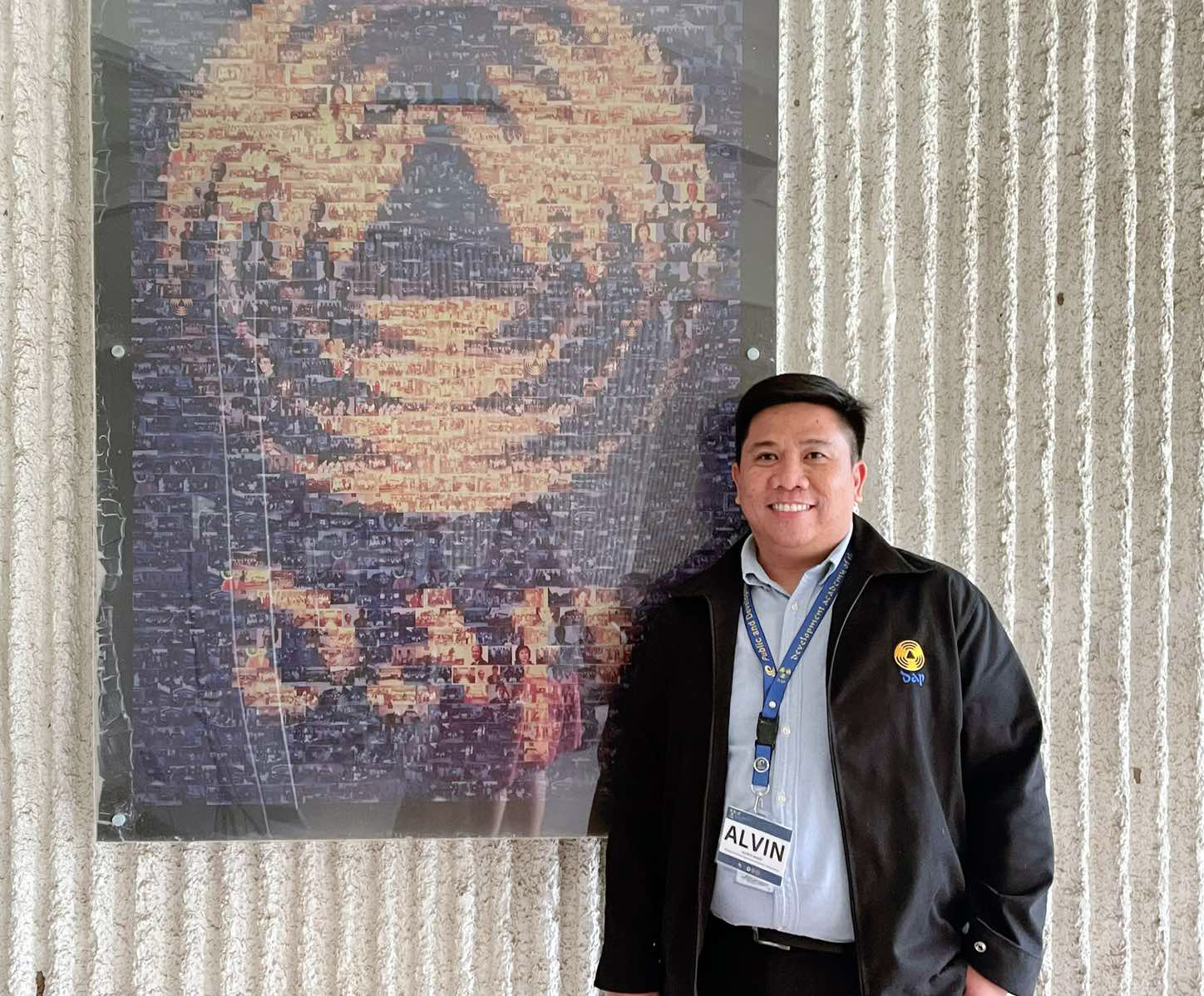
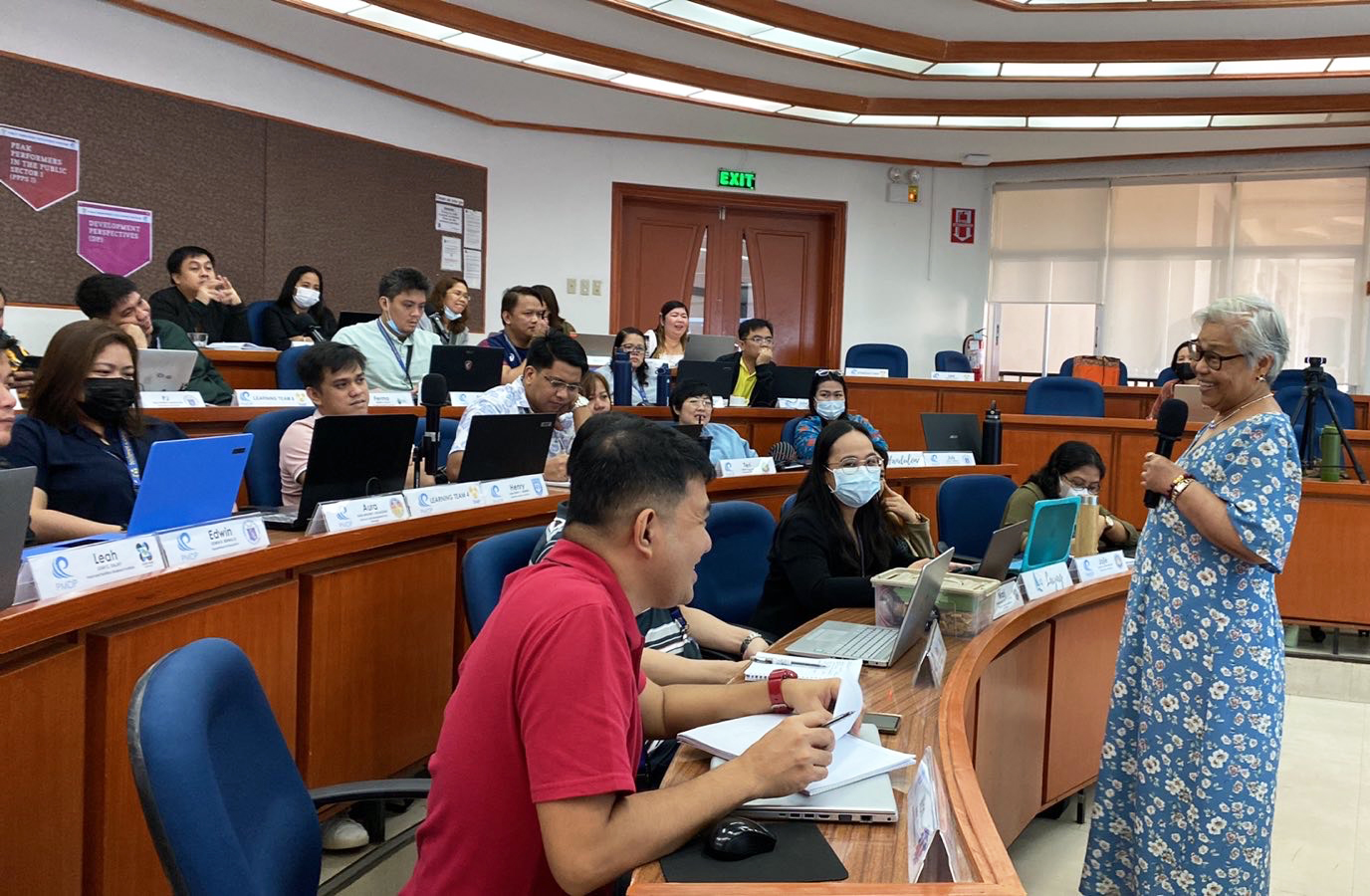
On January 16, Oliveros started the in-house training from DAP and just recently, she completed her Capstone Project (CP) and presented her CP plan to a panel. Like Oliveros, Racho, who joined the program on July 10, has been part of the in-house intensive training provided by DAP and it will last for six months and could still apply for leave extension.
“Having completed the comprehensive residential training, I am now in my next phase– the practical implementation of my CP. This marks the start of translating classroom insights, theoretical knowledge and transforming it into tangible actions and translating into real world solutions,” Oliveros shared.
Aside from the local grants, PDCD’s Janielle Aretha Pelonio and PMKMD’s Svenjo Nicdao were accepted to the Korea International Cooperation Agency’s (KOICA) 2023 scholarship program.
Pelonio secured a Master’s Degree Program in Economics Development Policy for Sustainable and Inclusive Growth and her contract started on August 21. On the other hand, Nicdao scored a grant for a Master’s Degree Program in Digital Innovation and his contract started on August 29.
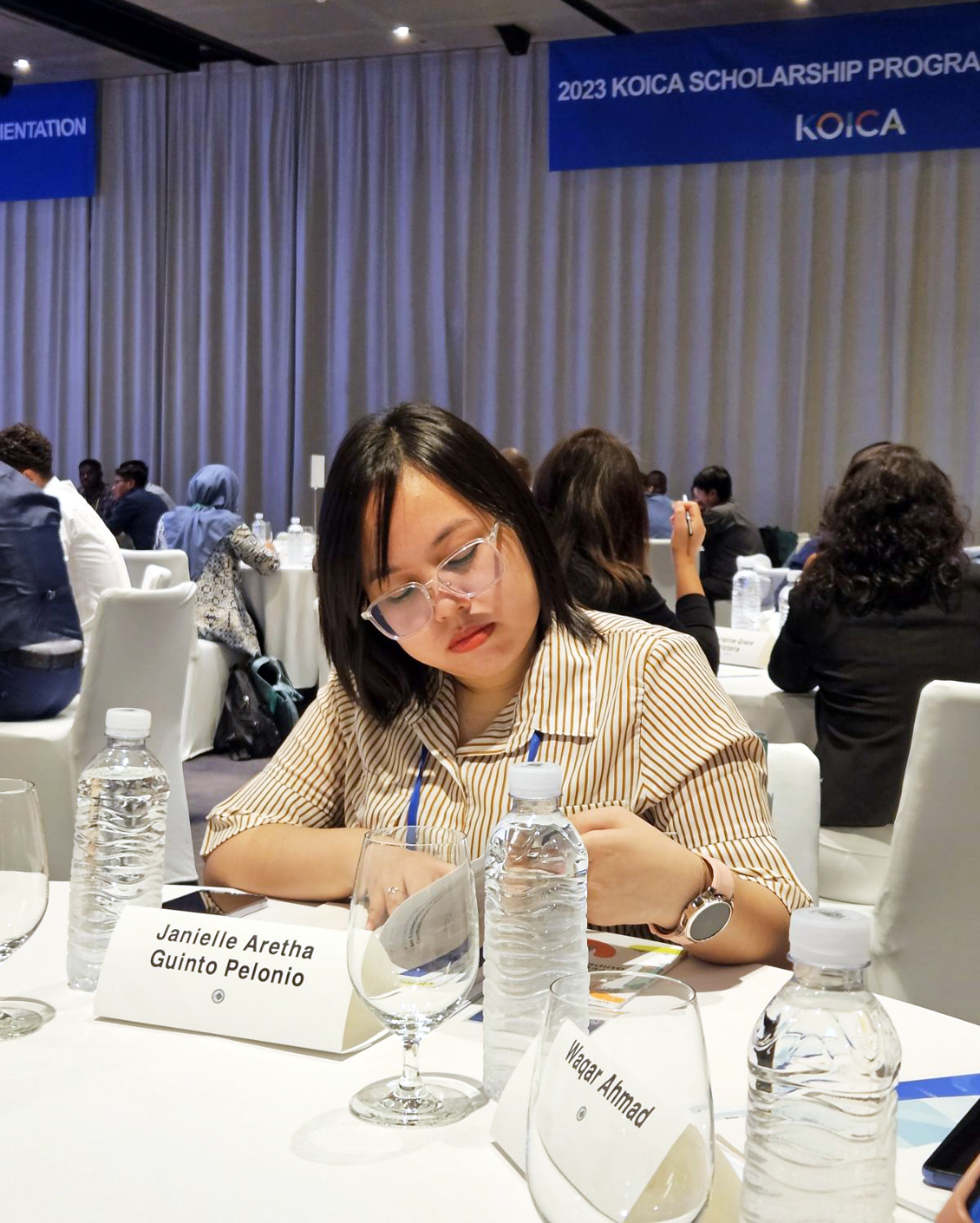
“I am hoping that this program will help me in my work related to the formulation of new or enhancing existing policies towards the economic development of our country. Going beyond the sector, I expect to acquire knowledge and (new) perspective on policy development from my classmates in this program that could be doable in the Philippines,” Pelonio said.
Meanwhile, Nicdao has high hopes that the program would enhance his current skills in systems design and implementation to learn in-depth principles and techniques in digital innovation and Artificial Intelligence (AI) practices that can be applied in the field of agriculture and fisheries.
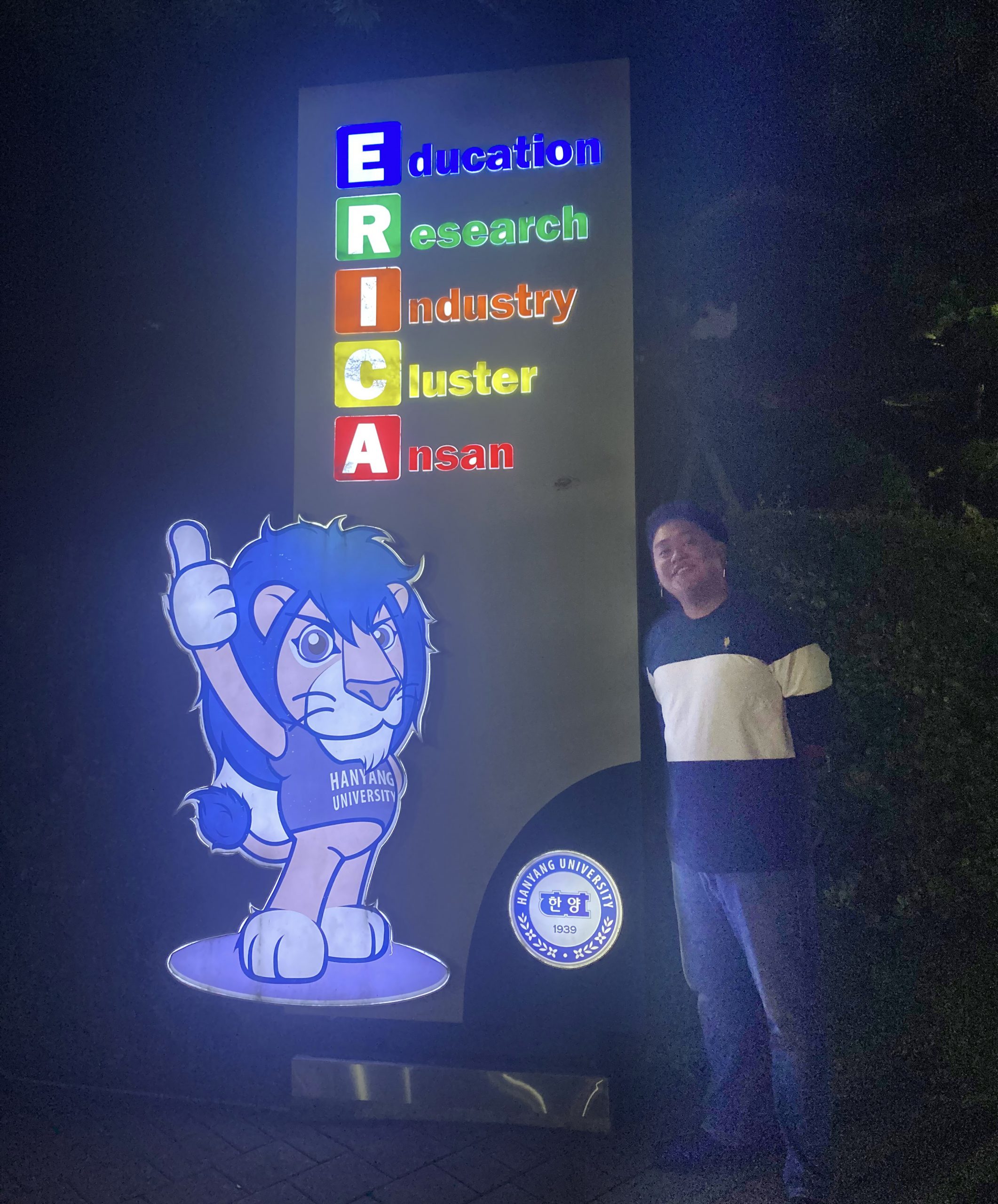
“I want to know how South Korea applied AI applications to address key challenges in the industry that could also be applied in the Philippines through our agency,” he added.
“The scholarships are PCAF’s way to provide our employees with advancement opportunities and the goal of further honing their skills and knowledge. It was almost decades ago when PCAF gave scholarships to its employees. Back then PCAF was still called the National Agricultural and Fishery Council. And for foreign grants, almost all the recipients were already retired,” said OIC Deputy Executive Director Cyril Soliaban in an interview.
He also highlighted that aside from the trainings the agency provide for its employees, these kind of programs prove that the agency is serious in implementing its Learning and Development (L&D) as part of the four pillars of the Program to Institutionalize Meritocracy and Excellence in Human Resource Management (PRIME-HRM).
“Considering that it is one of the requirements for PRIME-HRM level 2, we also want to sustain the efforts in sending employees to scholarship programs and I hope mag-tuloy-tuloy ito,” OIC DED Soliaban added.
He also reminded Oliveros, Racho, Pelonio and Nicdao that they need to have a re-entry activity or project once they have finished their respective programs. These activities aim to showcase what they have learned and how it can help improve the performance of the agency and its employees.
Meanwhile, Racho committed to use the knowledge and skills acquired from the PMDP to assist PCAF in effectively addressing the multifaceted challenges, optimizing operational efficiency, and contributing to the attainment of sustainable growth for the agriculture and fishery sector.
On the other hand, Pelonio shared that once she finished the program, she plans to integrate the information and new perspective in conducting policy analysis. Nicdao also expressed his commitment to apply the things he learned to craft and recommend appropriate project proposals for PCAF’s Information Systems Strategic Plan that could benefit the agency and its stakeholders. | Jezebel Campaniel
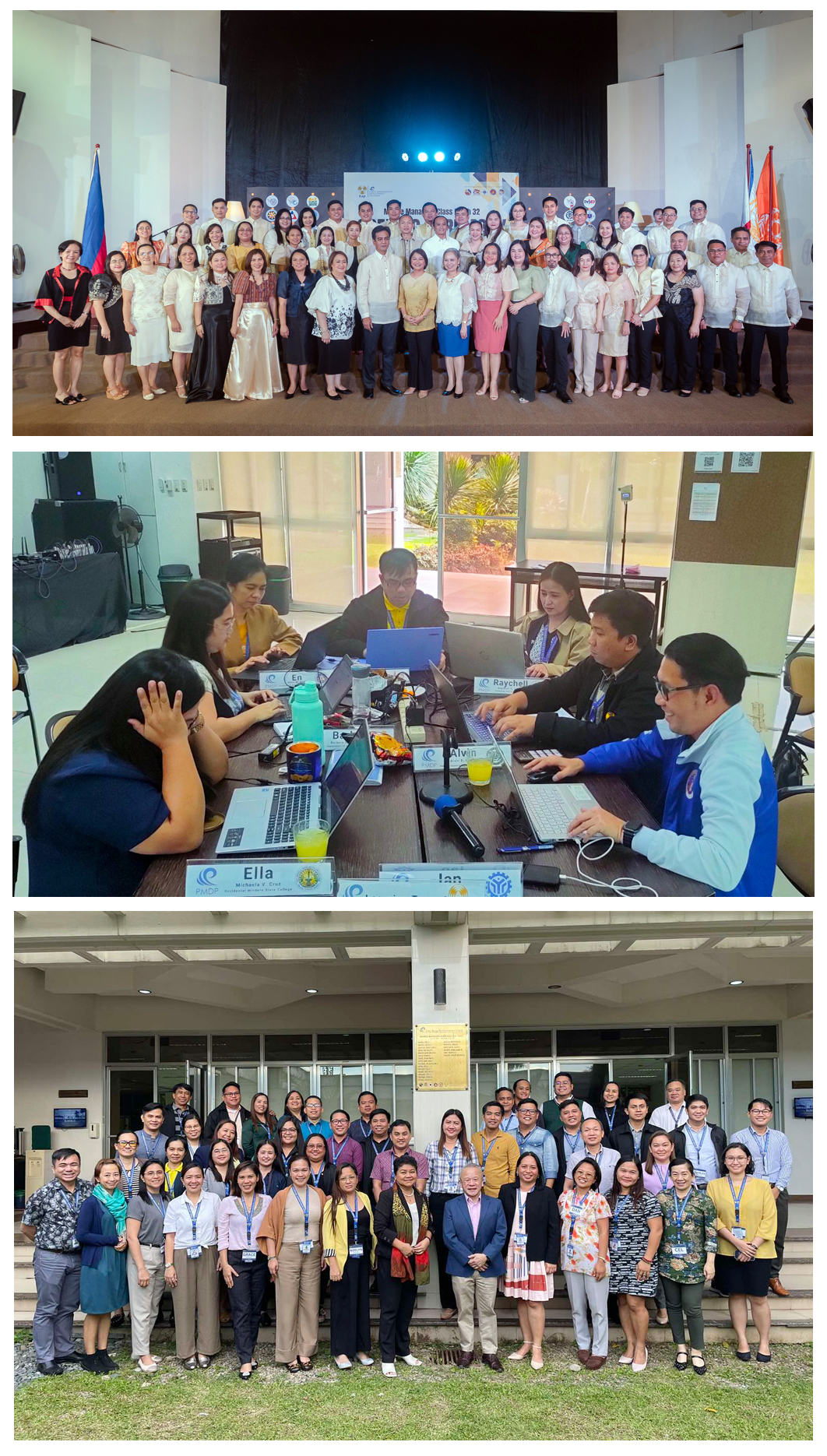
Photos courtesy of Racho and DAP Facebook page
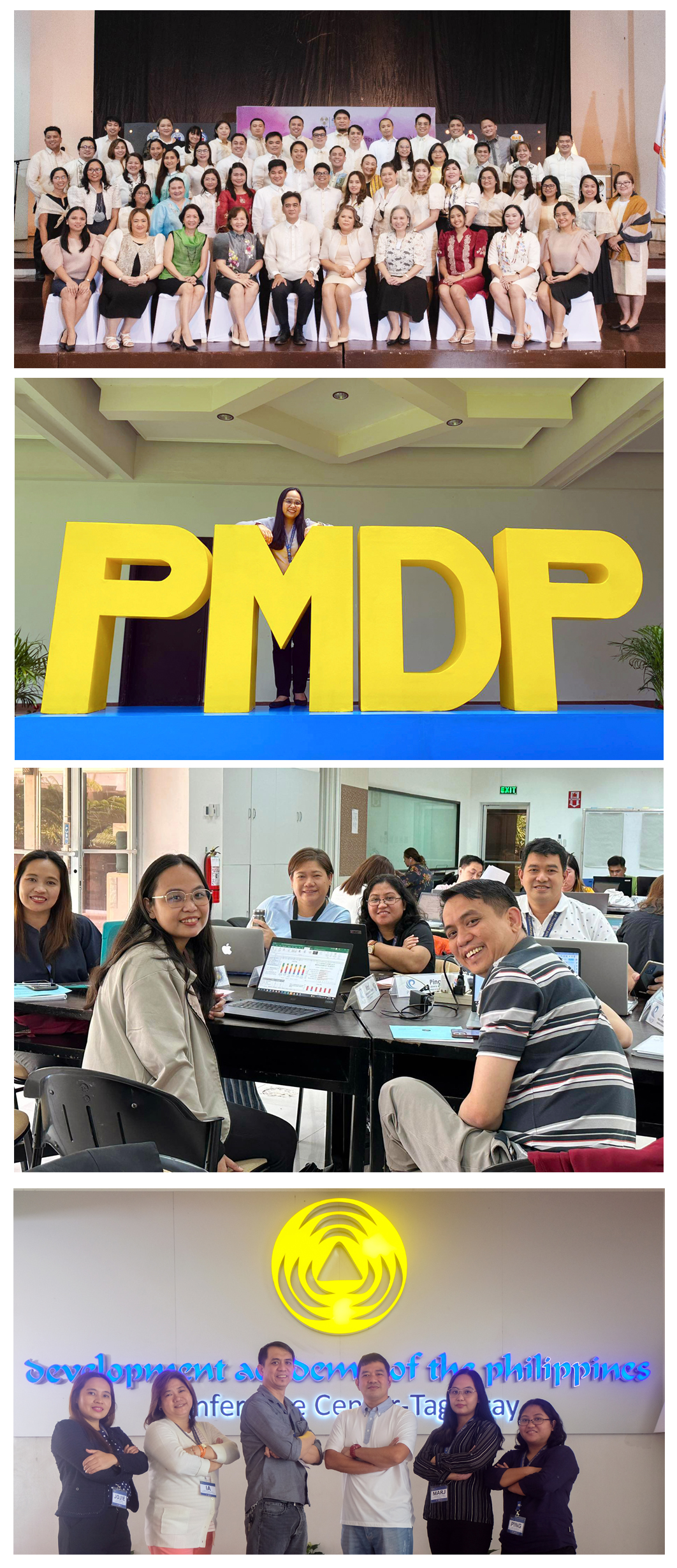
Photos courtesy of Oliveros
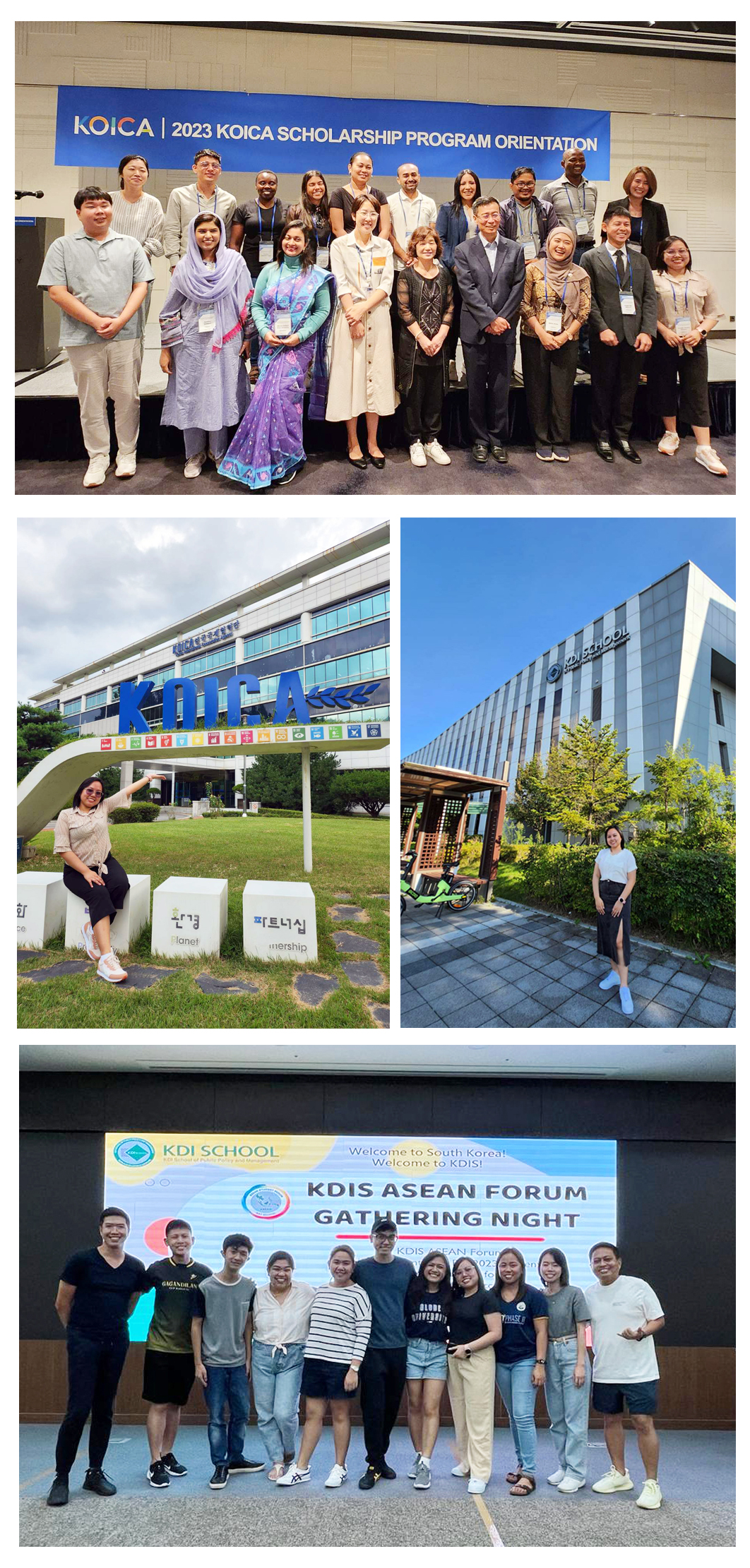
Photos courtesy of Pelonio
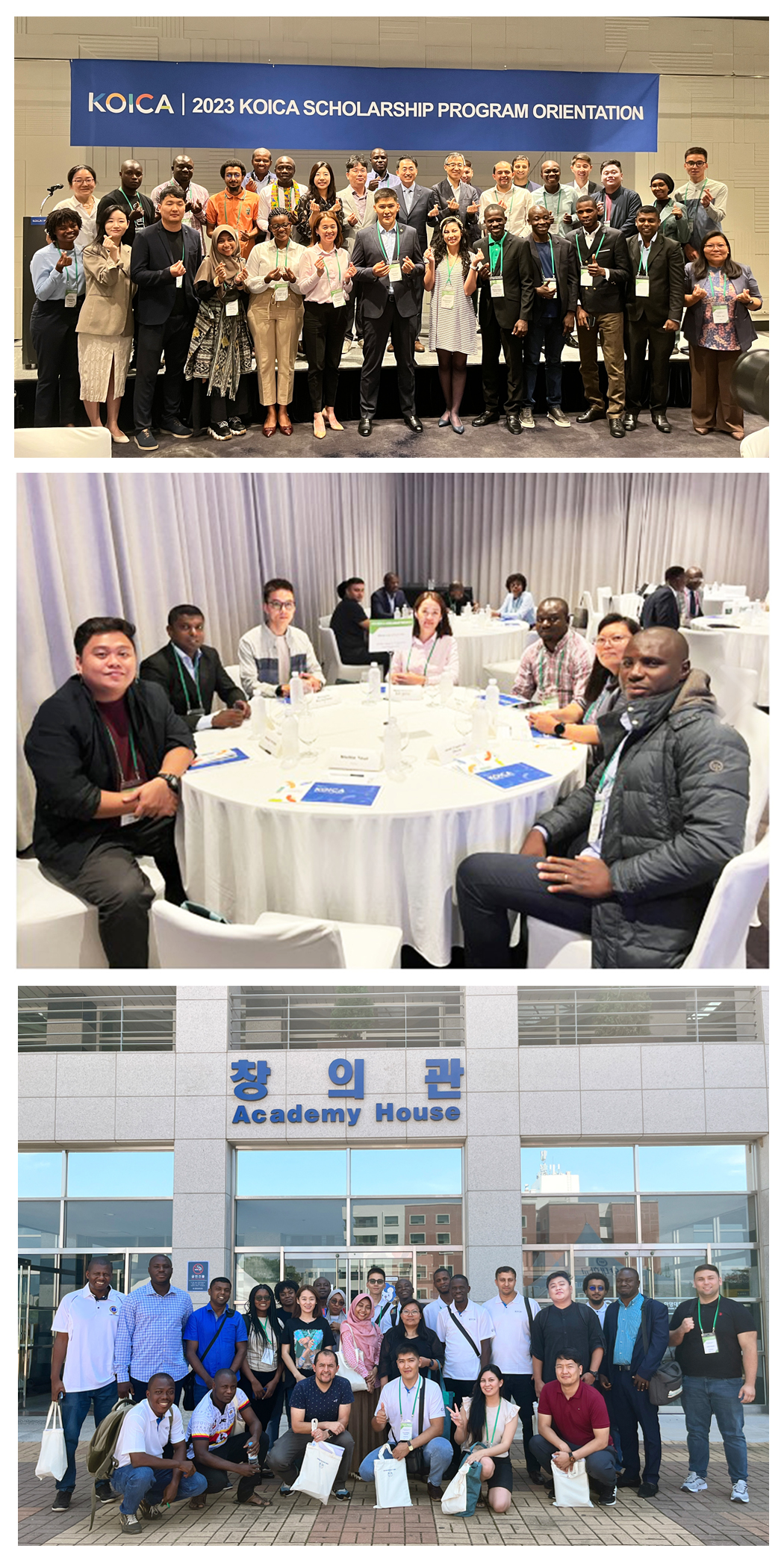
Photos courtesy of Nicdao and Hanyang University website











